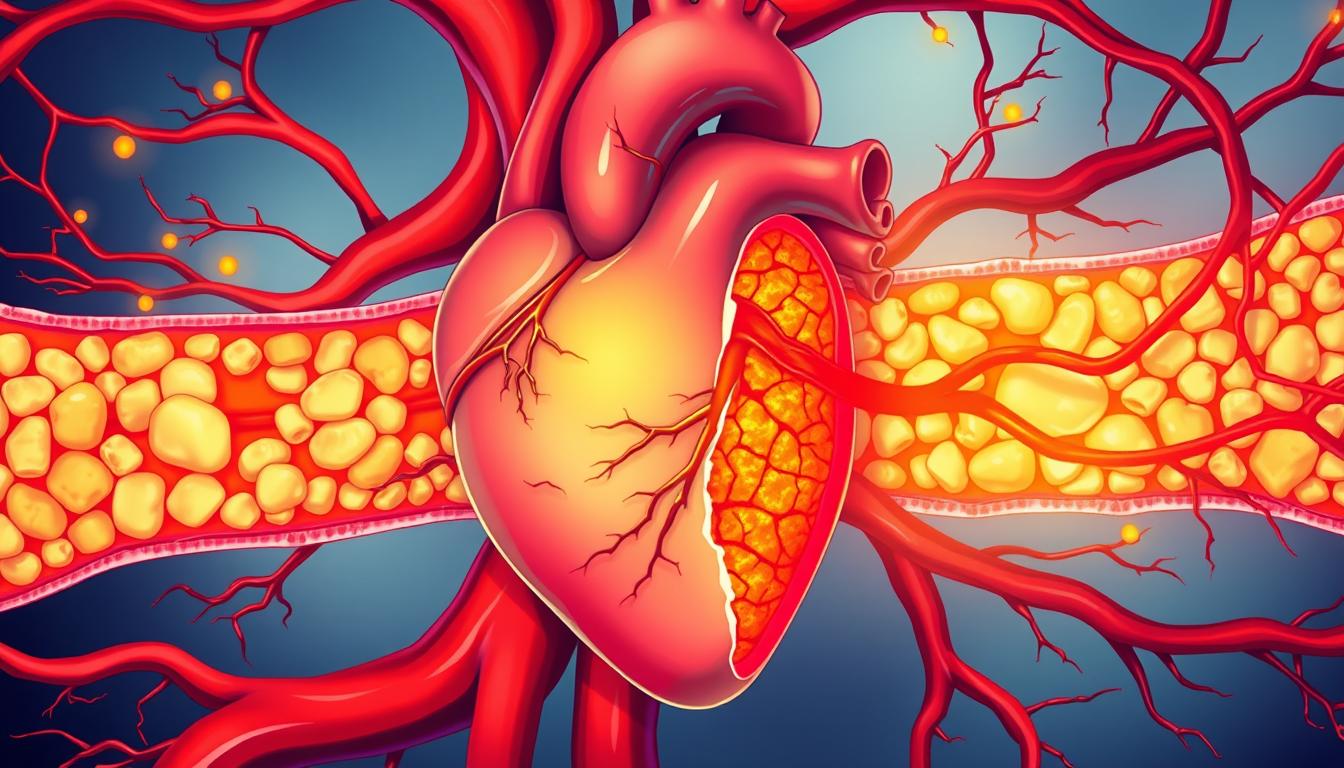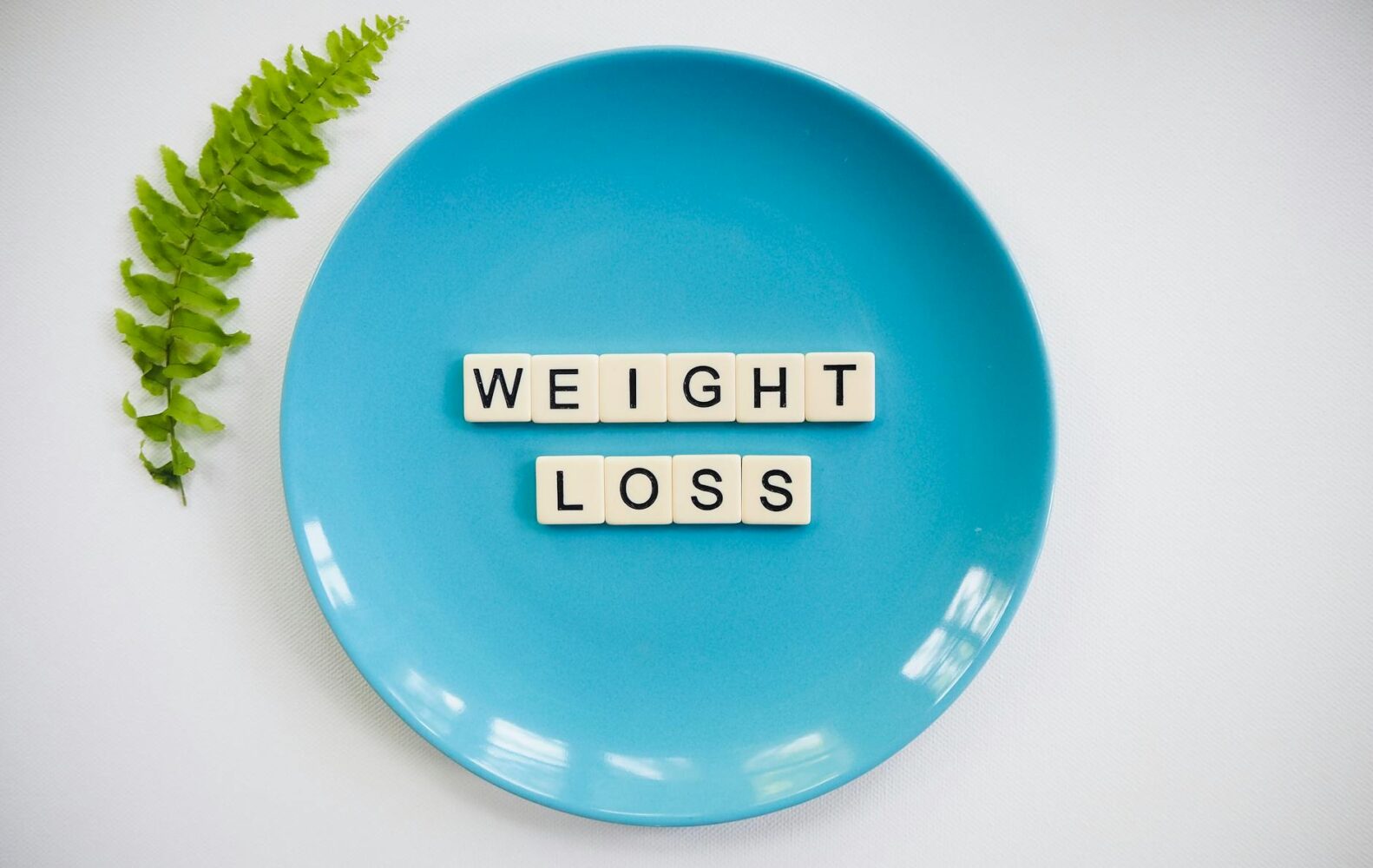As a highly experienced relationship therapist with over 37 years of experience working with couples, I’m excited to share with you my insights on the five major relationship killers and how you can avoid them.

CONTROLLING BEHAVIOR
It’s natural to want to feel secure in a relationship, but controlling behavior, whether overt or covert, only leads to resentment and emotional distance. Overt control includes behaviors like anger, rage, criticism, and ridicule, while covert control includes actions like compliance, withdrawal, and lying. It’s important to recognize these patterns and work towards more open and honest communication.
RESISTANCE
Fear of being engulfed or controlled can lead to resistance, manifesting as withdrawal, numbness, forgetfulness, or procrastination. This dynamic creates a stalemate in the relationship, leading to frustration and stagnation. Recognizing and addressing these fears is crucial for moving forward.
NEEDINESS
Relying on a partner to fill your emptiness or make you feel good about yourself is not sustainable. It’s important to take responsibility for your own feelings and needs and develop a strong sense of self-worth. This will lead to a more balanced and fulfilling relationship.
SUBSTANCE AND PROCESS ADDICTIONS
Turning to substance or process addictions to fill the emptiness or avoid fears is a common coping mechanism, but it only serves to distance you from your partner. Recognizing these patterns and seeking help is a crucial step towards a healthier relationship.
EYES ON PARTNER’S PLATE
It’s easy to focus on your partner’s behavior while ignoring your own. Taking responsibility for your actions and focusing on self-improvement is key to creating positive change in your relationship.
RESOLVING RELATIONSHIP KILLERS
All of these relationship killers stem from fear – fear of inadequacy, failure, rejection, and engulfment. The key to overcoming these patterns is to develop a loving adult self who knows how to take full responsibility for your own feelings and needs. This involves filling yourself with love and defining your own inner worth.
I recommend starting with our free Inner Bonding course and practicing the Six Steps of Inner Bonding. This daily practice will help you move beyond controlling, needy, and addictive behavior and towards the personal responsibility necessary to heal your relationship. Remember, it’s never too late to make positive changes and create a healthier and more fulfilling relationship.












